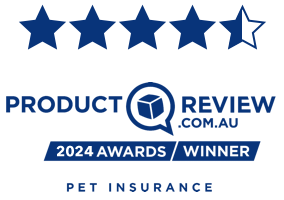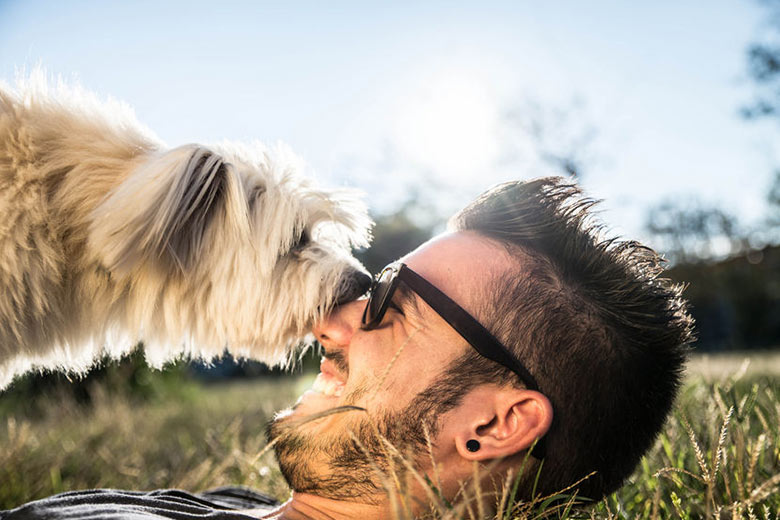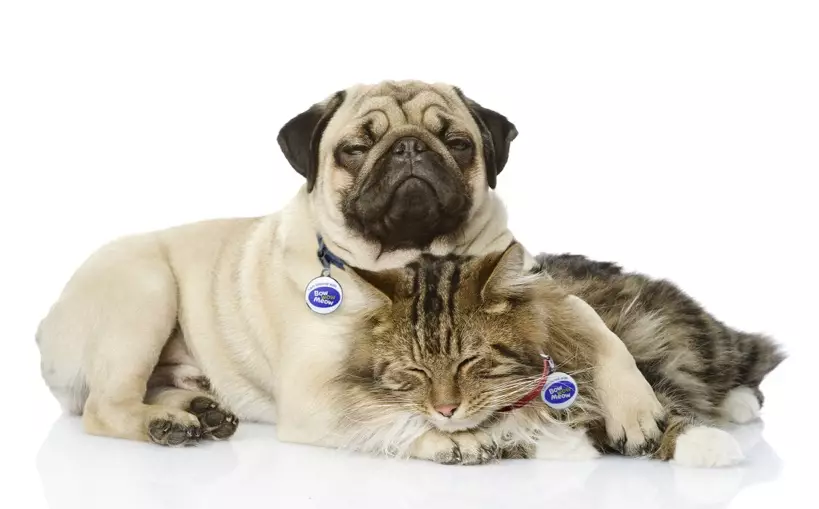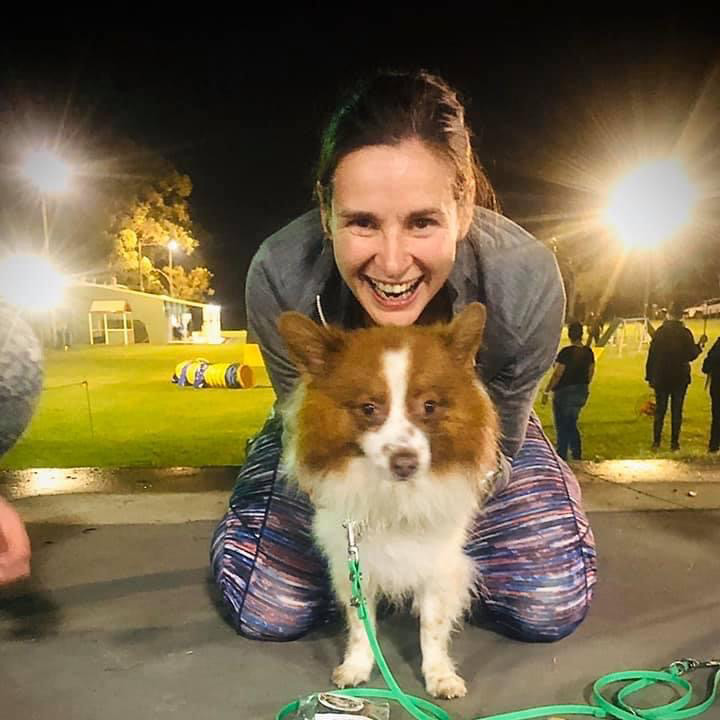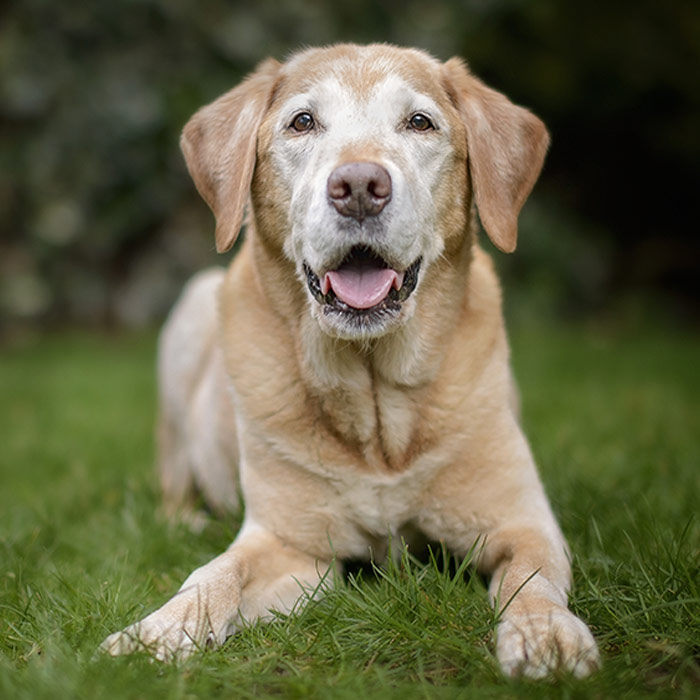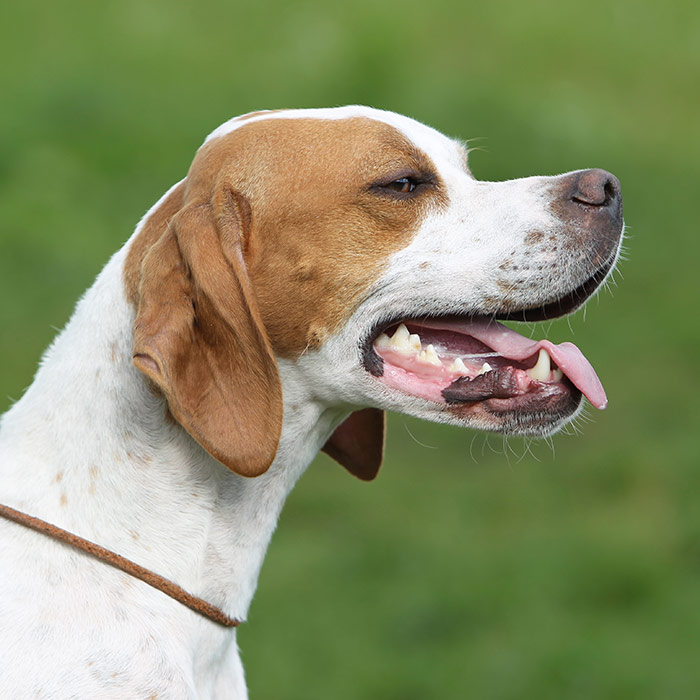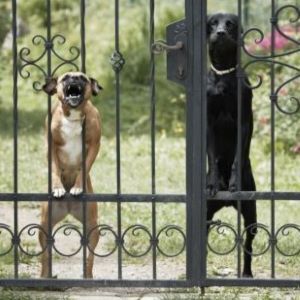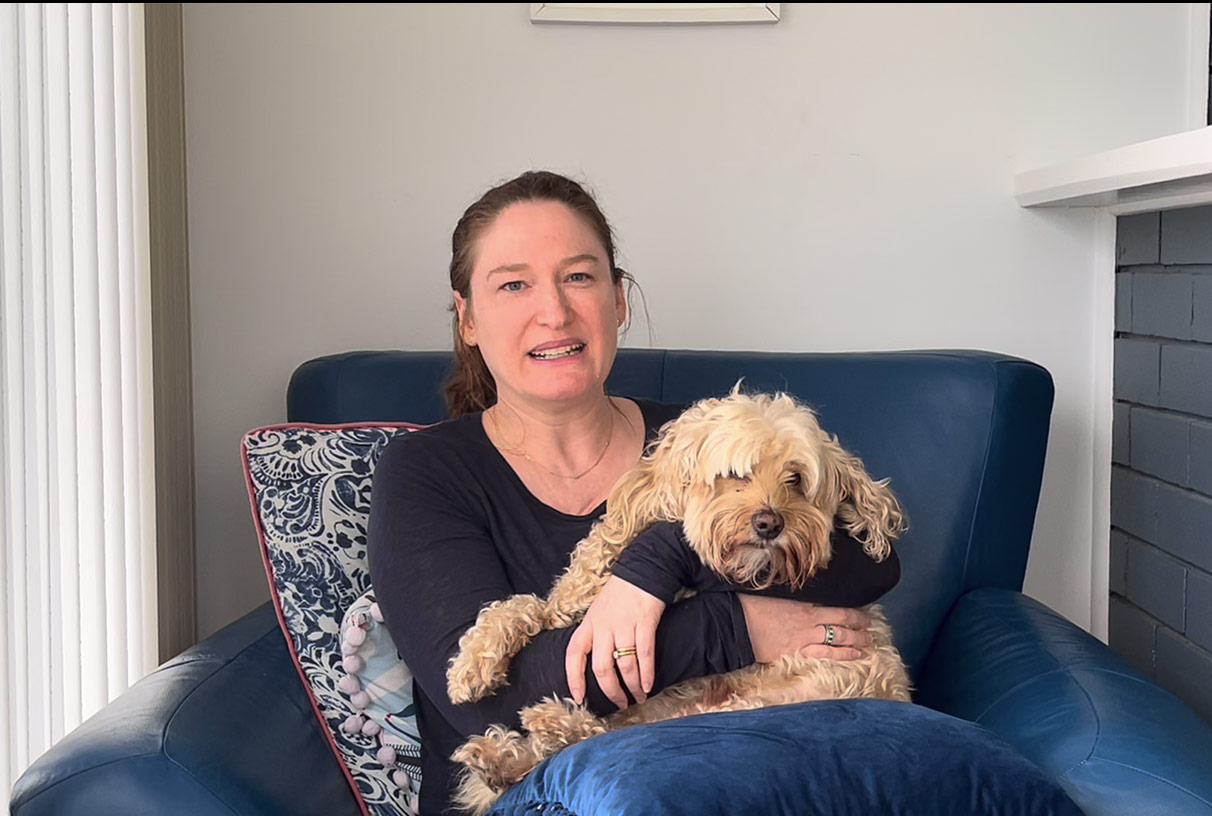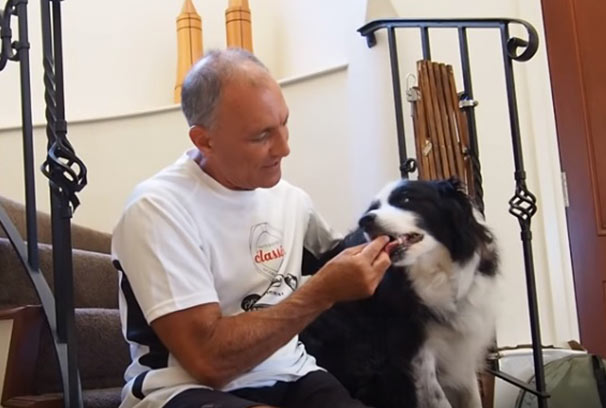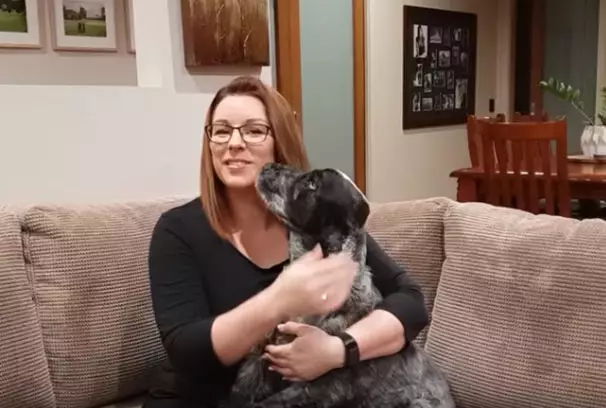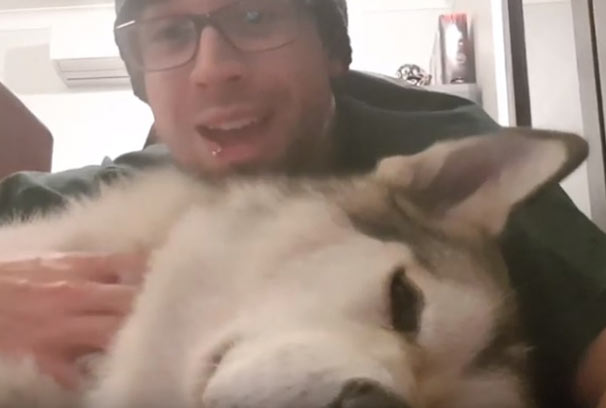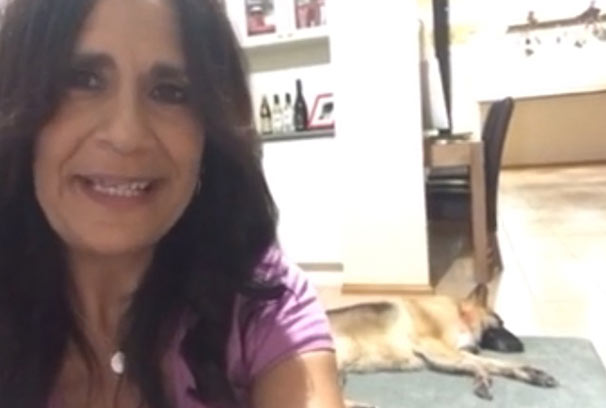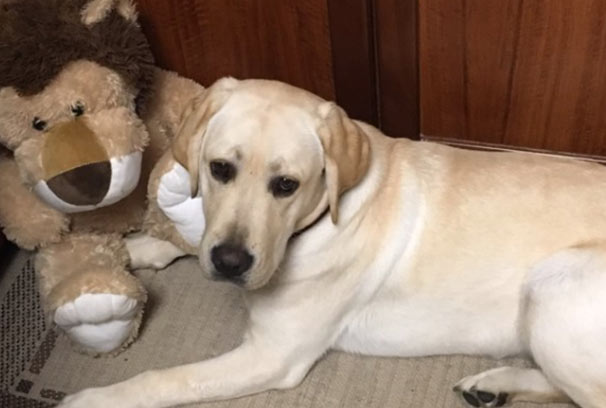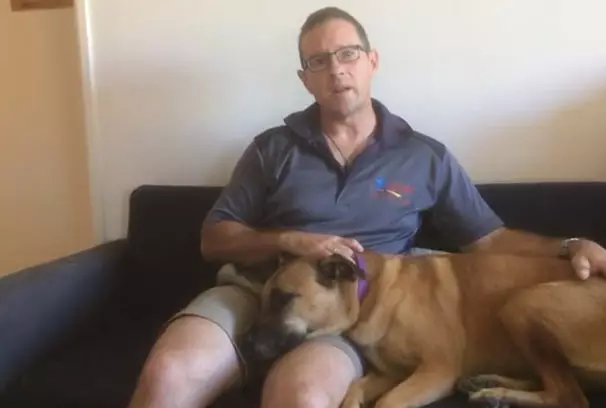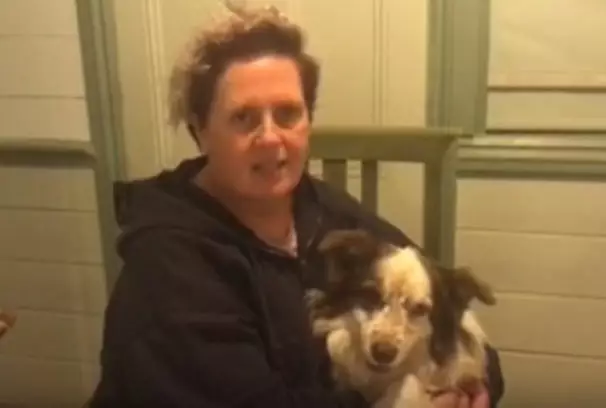Tips on how to care for older dogs
Old dogs have needs that are different to those of younger adult dogs and puppies. Increased awareness of their changing needs, along with ongoing attention and regular veterinary check-ups, can greatly benefit older dogs and help them live rewarding, happy and healthy lives in their senior years. Of course, it is essential to continue with the vaccination schedule, parasite prevention program, grooming, and continuing general care that you have been accustomed to.
Attending to the increasing health needs of ageing and old dogs can become a big financial burden. We suggest that dog owners seriously consider purchasing pet insurance early on, to ensure life-time cover. In this way, providing the best care available to your older dog need not become a financial burden.
How much food should I feed my senior dog?
Understanding the changing nutritional needs of your senior dog is one of the most important things you can do. A strict and highly nutritional diet is the best thing for the health of your ageing or old dog. As he starts to take life a bit easier, his activity levels decrease, and his dietary requirements change. Fewer calories are needed, but high-quality, easily digestible protein is important to maintain his muscle mass and overall body condition.
A good diet for ageing or old dogs should provide:
- High-quality protein
- Easily digestible carbohydrates for energy
- Specific minerals to support ageing joints
- Key vitamins that may help boost the immune system
Remember, even though you may be exercising him regularly, your older dog – from around 7 years and up – has a slower metabolism and does not require the same quantity of food he once did. If you notice that he is eating less, feed him less. You may find your ageing or old dog prefers to eat smaller meals more frequently. This is quite normal, as it’s easier to digest several small meals than fewer, larger ones.
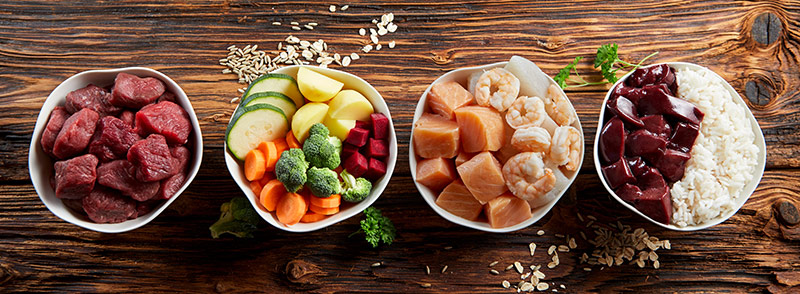
Commercial pet foods formulated specifically for senior dogs are available – make sure to choose a brand of premium quality. To make his food more palatable, add wet food or water to dry food and heat to enhance its aroma. If you’re unsure about the quantity or quality of food or best diet for your elderly dog, simply contact your vet for more information.
Remember that diet is a key component of longevity. Do not fall into the common trap of spoiling dogs more as they get older. This is a bad habit that can lead to serious health problems for your senior dog.
Health concerns relating to old dogs
Just like us, as dogs grow older their chance of developing several age-related diseases and illnesses dramatically increases. Common diseases affecting old dogs include arthritis, liver disease, thyroid disease and cancer. The key to fighting these conditions is knowledge; be aware of the symptoms so that, if your dog does develop one of these diseases, you’ll be more likely to identify it early.
Caring for older dogs entails more frequent health checks with your vet – at least two per year if they are over the age of six or seven – so that any issues will be detected and treated early on. Veterinarians recommend starting geriatric check-ups for small dogs around age 11, for medium-sized dogs at around age 9, and for large dogs around age 7. Report any signs or symptoms you have observed to your vet and discuss what to look out for in the future.
The following conditions are more likely in old dogs:
- Dehydration
- Arthritis and joint issues
- Heart, kidney and liver disease
- Heart, kidney and liver failure
- Diabetes
- Intestinal issues
- Thyroid disease
- Tumours and cancers – more than 50% of dogs over the age of 10 get cancer
- Adrenal diseases
- Eye cataracts
- Dental diseases and issues
- Urinary incontinence
- Skin disease
Dental care for senior dogs
When caring for older dogs, it is vitally important to maintain the health of your dog’s mouth, for several reasons. As dogs age, their dental health often deteriorates, and they become more prone to gum disease and tartar build-up.
Keep your dog’s teeth clean to avoid disease. It is a good idea to check and clean your dog’s teeth and gums regularly – ideally with daily brushing, or at the very least occasional brushing, to help remove plaque. There are even several dental diets and doggy treats available that promote good oral health. If you notice any changes in your pet’s teeth, gums, or breath as they get older, raise this with your vet.
Routine dental care from your vet is very important. Gum disease and other dental conditions can cause a great deal of pain and discomfort for your senior dog and can develop into more serious health problems such as heart disease. Depending on the condition of his mouth, he might require tooth extraction, gum surgery or a thorough cleaning, all done under anaesthesia.
What do senior dogs need?
Try to be aware of what your ageing or old dog is going through and understand that a lot of physical and psychological changes are taking place. Daily care requires a little more patience on your part.
We’ve put together a few tips for taking care of him through his later years. He’s been a part of the family for many years now and deserves the best care we can provide. Caring for older dogs with love and commitment really helps to enhance their quality of life during their senior years.
Exercise and senior dog joint care
Your ageing or old dog isn’t eating as much as he used to, or moving as much, and he may be sleeping a lot more. While a reduced level of activity is inevitable, it can be offset by maintaining a good exercise regime. Your old dog requires exercise just like younger dogs – the difference is that he simply won’t be able to handle the same amount or as often. So, take your ageing or old dog for shorter walks, more often. Try to wake him if he’s sleeping too long and take him for a short stroll.
Obesity and arthritis are two of the most common problems experienced by old dogs, therefore regular, moderate exercise is very important at this age and stage of life. Exercise helps to maintain muscle mass and keep the joints mobile. Take your dog for a short swim in calm waters. Swimming is a gentle exercise that helps maintaining mobility.
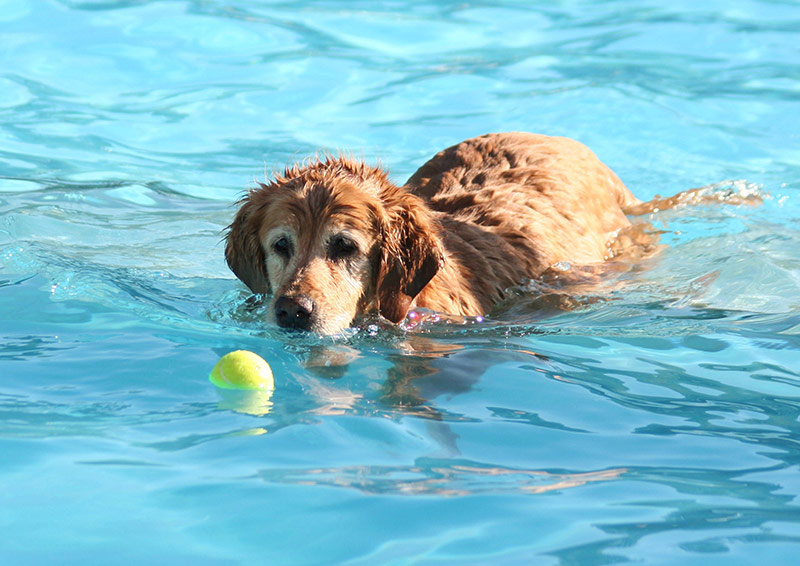
Remember, if obesity sets in, it will most likely cause serious health problems for your dog; he will live much longer into ripe old age if you keep him as fit and healthy as possible.
If your dog suffers from arthritis, obesity or any other serious health issue, consult your vet before beginning an exercise program. Definitely don’t give up on exercise, not until you have to.
Mental stimulation
Despite the proverb, old dogs do love new tricks – and especially new toys. Your senior dog may appear much less active or enthusiastic these days, but it doesn’t mean that his lust for life has gone. Old dogs can be just as enthusiastic as younger ones to learn new tricks and commands, play games and solve puzzles.
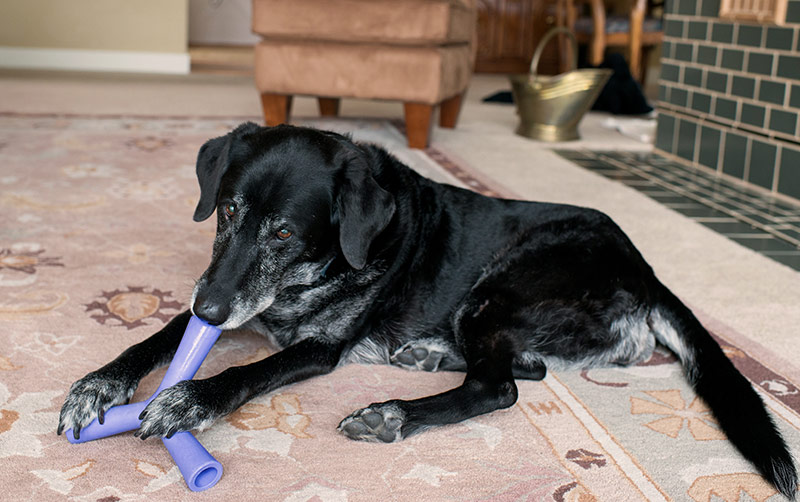
Like people, dogs need mental stimulation to stay focused and mentally fit as they age. Many old dogs will lie about the house all day because their owners have given up on stimulating them with toys and games. Food puzzles are great ways to keep your dog’s inquisitive nature alive; they also promote advanced mental stimulation and weight loss.
Try taking your old dog for a walk in, or visit to, different and interesting locations. New smells, sights and sounds will keep him interested in the world around him. Remember, variety is the spice of life.
Home environment
Making small adjustments to your home environment can assist your dog as he starts to show signs of ageing.
Things to consider when living with an ageing or old dog:
- Provide easy access to food and water
- Keep him cool in summer and warm in winter
- Ensure his sleeping area is in a calm and quiet location where he won’t be disturbed
- Give him soft, warm, comfortable bedding and extra cushions and blankets
- Install ramps or steps on steep inclines
- Place carpet runners on slippery floors
- Remove obstacles form the floor
- Avoid rearranging the furniture or other big changes
- Limit contact with other household pets if they disturb him
- Maintaining a consistent daily routine
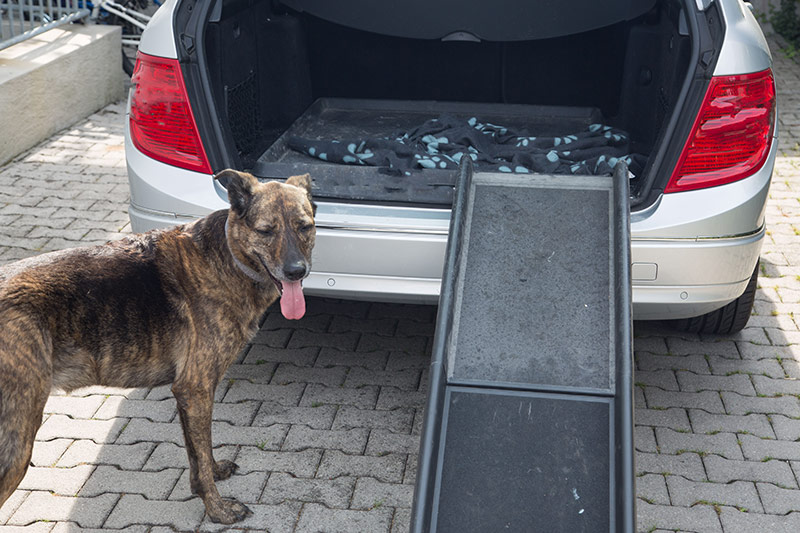
Grooming
As part of your regular routine, try to schedule a special grooming session at least once a week. Regular grooming helps to maintain a healthy skin and coat and can prevent dry, itchy skin. Bathing him regularly is also very important, as well as a great opportunity to give your old dog the loving attention he needs.
Grooming also gives you the chance to check for any lumps and bumps, which will ensure that possible cancers or tumours are treated as swiftly as possible. Cancer is more prevalent in ageing dogs.
We hope these tips will help you to provide a comfortable and caring environment for your ageing or old dog. Caring for older dogs entails keeping them comfortable, on a strict diet, stimulated and exercised regularly. If you can do this, your dog should remain happy and healthy, living to a ripe old age.
We recommend that you take out pet insurance early on, to ensure life-time cover for accidents and illnesses (pre-existing conditions excluded12). There is no age limit to sign up your dog for our Accident Only policy, however to cover your dog for Accidents and Illnesses for the rest of their life they need to be signed up before the age of 9.

